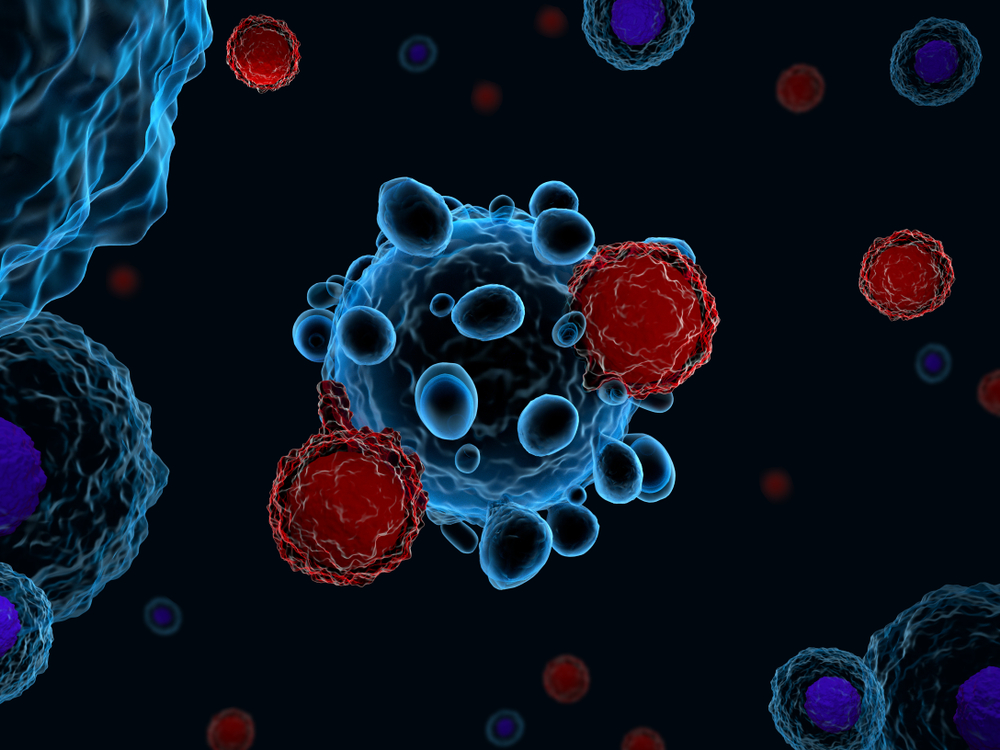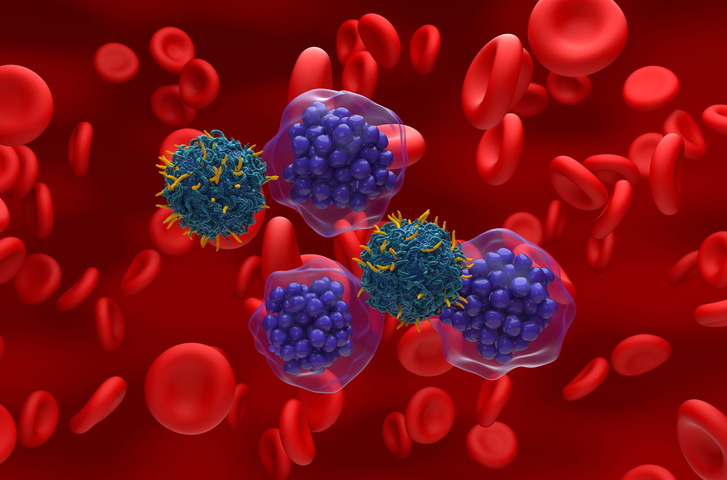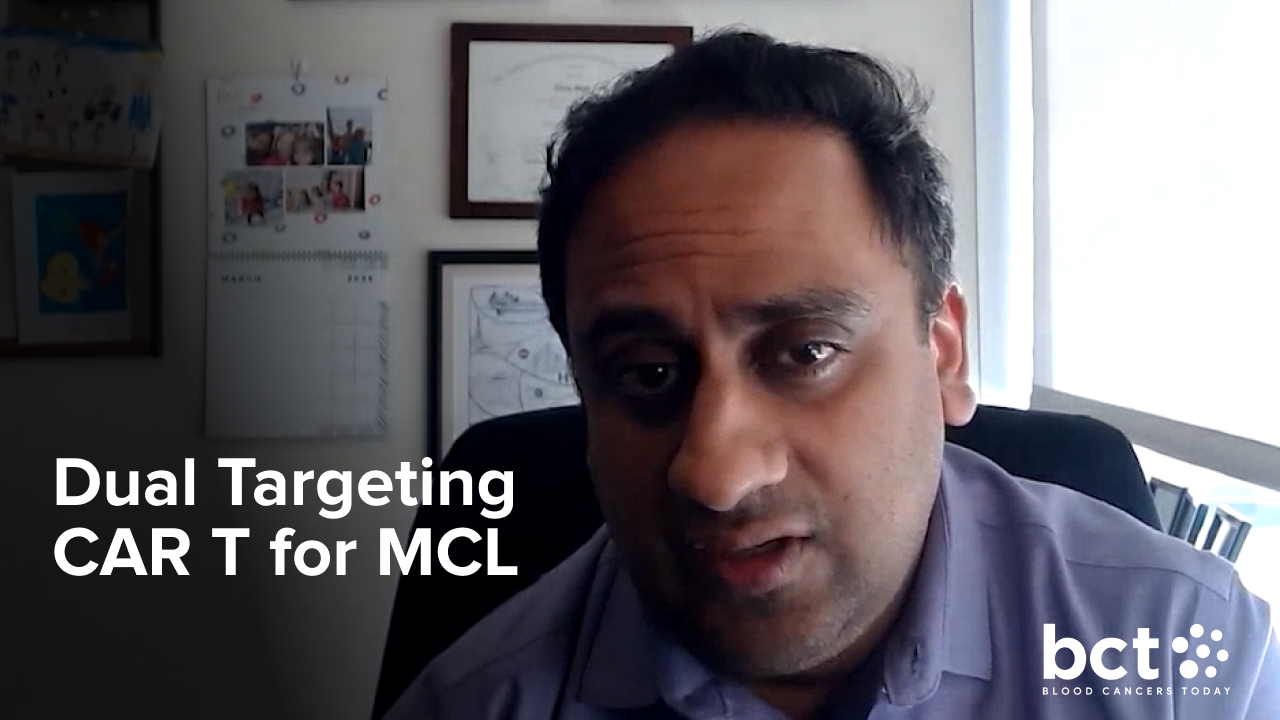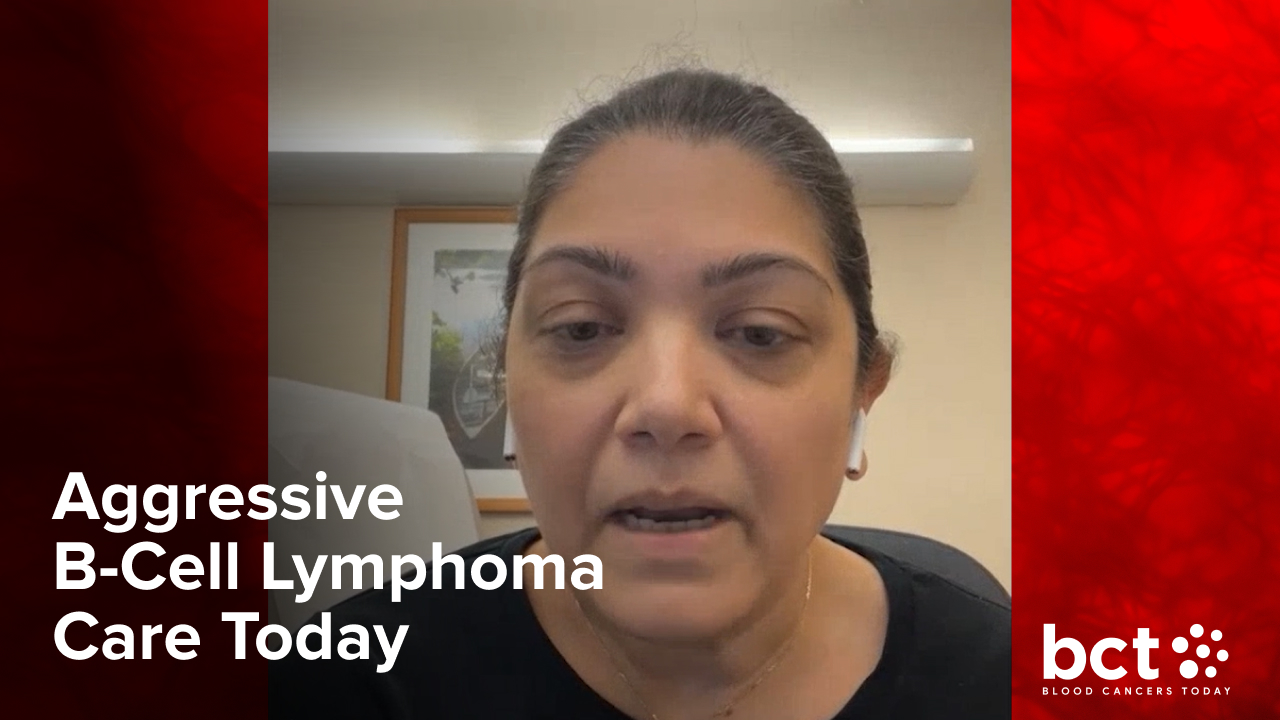
Allogeneic chimeric antigen receptor (CAR) T-cells had “encouraging safety and efficacy” in patients with CD7-positive hematologic malignancies, according to results from a phase I study.
Yongxian Hu, MD, PhD, of The First Affiliated Hospital at the Zhejiang University’s School of Medicine, and colleagues conducted the study because CAR-T therapy “against T-cell malignancies faces major challenges, including fratricide between CAR-T cells and product contamination from the blasts.”
While “allogeneic CAR-T cells, generated from healthy donor T cells, can provide ready-to-use, blast-free therapeutic products,” their use “could be complicated by graft-versus-host disease (GVHD) and host rejection,” the study’s authors wrote.
In response to this, Dr. Hu and colleagues developed RD13-01, a healthy donor-derived, CD7-targeting CAR T-cell product with “genetic modifications to resist fratricide, GVHD and allogeneic rejection, as well as to potentiate antitumor function.”
They tested the allogeneic CAR-T product in 12 patients, 11 of whom had T-cell leukemia/lymphoma and one of whom had CD7-expressing acute myeloid leukemia. All 12 patients achieved pre-set endpoints and 11 of the 12 proceeded to efficacy evaluation. The researchers detected expansion of CD7-negative normal T-cells after infusion.
Most patients (81.8%) had objective responses 28 days after infusion, with 63.6% having a complete response at that time. Of the responding patients, three were bridged to receive allogeneic hematopoietic stem cell transplantation. At a median follow-up of 10.5 months, four patients were in complete remission.
The researchers did not report any dose-limiting toxicities, GVHD, immune effector cell-associated neurotoxicity, or grade 3 or higher cytokine release syndrome. However, they observed cytomegalovirus and/or Epstein-Barr virus reactivation in several patients, and one died from Epstein-Barr virus-associated diffuse large B-cell lymphoma.
“In summary, we present the first report of a phase I clinical trial using healthy donor-derived CD7-targeting allogeneic CAR-T cells to treat CD7+ hematological malignancies,” Dr. Hu and colleagues concluded. “Our results demonstrated the encouraging safety and efficacy profiles of the RD13-01 allogeneic CAR-T cells for CD7+ tumors.”
Reference
Hu Y, Zhou Y, Zhang M, et al. Genetically modified CD7-targeting allogeneic CAR-T cell therapy with enhanced efficacy for relapsed/refractory CD7-positive hematological malignancies: a phase I clinical study. Cell Res. 2022;32(11):995-1007. doi:10.1038/s41422-022-00721-y






 © 2025 Mashup Media, LLC, a Formedics Property. All Rights Reserved.
© 2025 Mashup Media, LLC, a Formedics Property. All Rights Reserved.